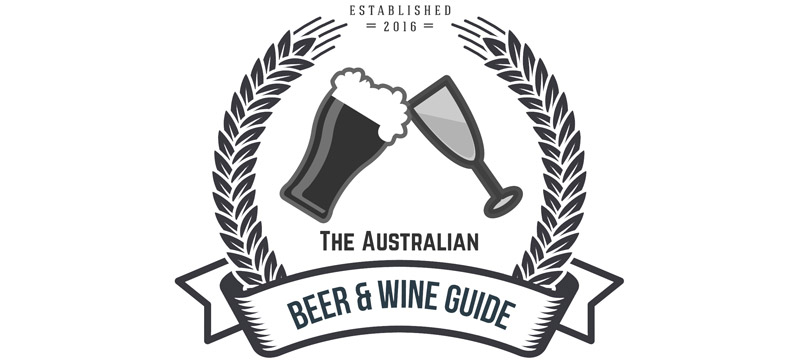Medical science is confirming what red wine drinkers have believed for decades – red wine drunk in moderation is good for you. The good-for-you / bad-for-you red wine debate has for a long time polarised opinions, mostly due to over zealous proponents from both sides, but when we put our prejudices aside a clearer picture begins to emerge. We all know that drinking too much alcohol of any type can be harmful but new evidence citing sensible and moderate drinking habits supports the health benefits of red wine.
The Science
Findings recently released in The Journal of Nutritional Biochemistry 2015 lend weight to medicinal and health benefits of red wine. Oregon State College researchers involved in the study discovered that along with the obvious benefits of antioxidants, red wine also assists with weight loss. The researchers found that ellargic acids found in red wine delay fat cell growth and inhibit the development of new fat cells.
Antioxidants
Many doctors and associated medical professionals have accepted the conclusion that something in red wine is good for heart health. Antioxidants such as flavonoids abound in red wine, alongside a substance called resveratrol, which is considered to have benefits for the heart. It’s thought that antioxidants found in red wine assist in protecting the lining of blood vessels, resulting in greater oxygen flow in the body and increased vitality.
Resveratrol found in red wine has researchers interested. Although research in humans is only at the formative stage, indications are that resveratrol improves the ability of the body to use insulin. In other words, red wine can potentially assist in deterring the onset of diabetes while also reducing the risk of inflammation and blood clotting.
Further research
Researchers from London’s National Heart and Lung Institute at Imperial College have also been investigating the benefits of resveratrol in red wine. They have discovered that drinking red wine in moderation could help treat lung disease and minimise the harm caused by smoking. The study comes on the back of previous research that has linked red wine with protecting the heart, improving brain function and assisting with the prevention of cancer.
The recent study, published in the journal Thorax, suggests that resveratrol in red wind ‘damps down’ inflammation in chronic pulmonary disease.
In 2002, scientists in Spain discovered that red wine is a powerful agent in the fight against the common cold. The research, conducted by experts at five universities, concluded that people who drank two or more glasses of red wine every day caught 44% fewer colds than people who don’t drink alcohol at all.

The benefits of red wine in a nutshell
- Protection against Alsheimer’s Disease: Resveratrol is a potent antioxidant that assists with the prevention of cell damage that could otherwise result in mental decline.
- The fight against cancer: Along with resveratrol in red wine is another antioxidant called quercetin that is known to fight cancer cells. Quercetin induces death of harmful cells, and is most formidable in fighting colon cancer.
- Heart health: Antioxidants found in red wine are known to have healthy benefits for the heart. The overriding result is increased physical stamina along with greater muscle strength. These antioxidants mimic cardiovascular improvement, and although not a replacement for good old-fashioned exercise, a glass or two of red wine can definitely be a welcome and pleasurable addition to your routine.
- Lowering the risk of stroke: Red wine tannins called procyanidins assist by removing chemicals in the body that are responsible for blood clots. It’s estimated that drinking a small amount of red wine on a regular basis can lower the chance of a stroke by around 50%.
- Promoting long life: Studies extending over three decades have determined that red wine drinkers have a 34% lower mortality rate than vodka and beer drinkers. Polyphenols found in red wine are well-known as ingredients that hinder the onset of chronic disease.
All drinks are not created equally. Some have health benefits while others just give you a happy high. Research reveals that red wine provides the best of both worlds, although it should never be taken as an alternative to medications prescribed by medical professionals. For most of us, red wine remains a simple drinking pleasure, and the benefits are abundantly found in our happiness and overall well-being.
You can read more about this topic in the Harvard Health Publishing and Healthline.




No Comments